BBC
Over the PM Modi documentary controversy, BBC and 3 others received new summonses.
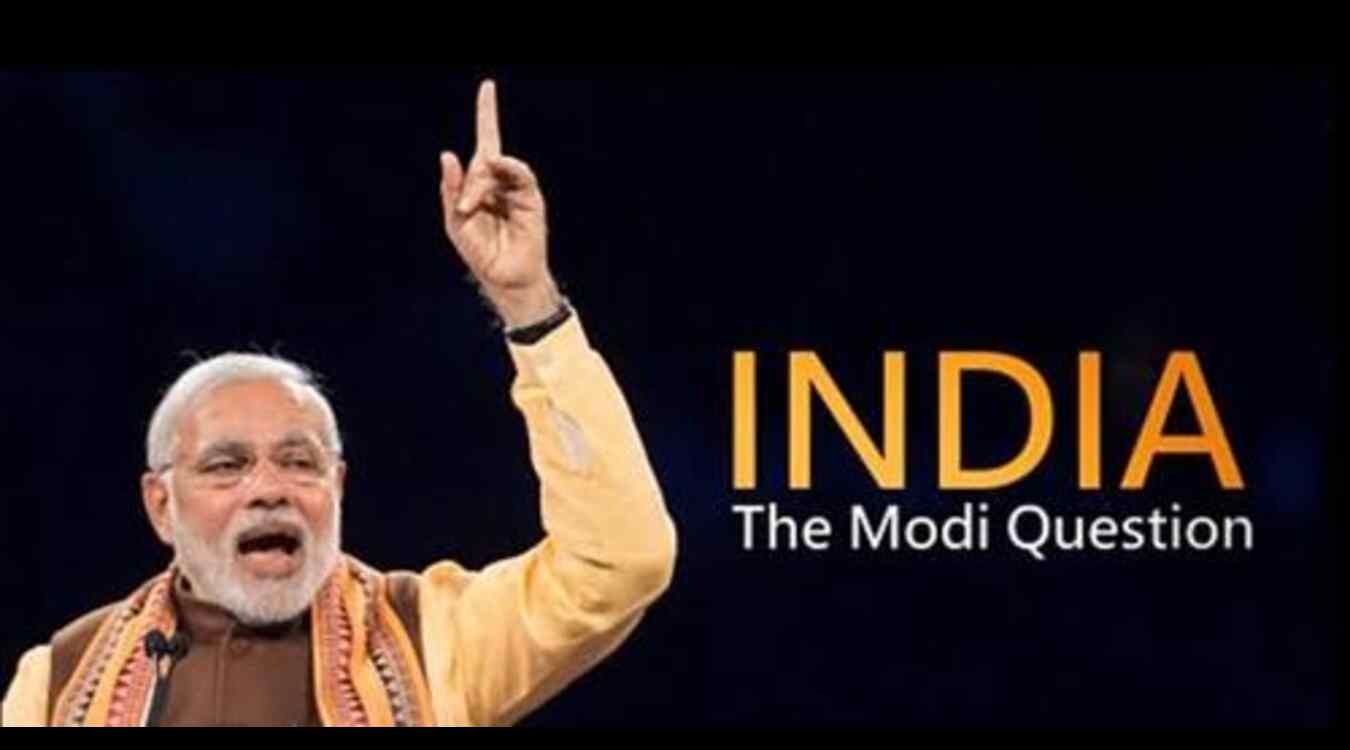
BBC and Three Others Receive New Summonses
Controversies surrounding documentaries have the power to ignite intense debates and shape public opinion. In the latest development, the BBC and three other entities find themselves in the midst of a legal storm as they receive new summonses related to a documentary on Indian Prime Minister Narendra Modi. This turn of events raises questions about freedom of expression, media ethics, and the intersection of politics and filmmaking. Let’s delve into the details of this controversy and its potential implications.
The documentary on Prime Minister Narendra Modi, which has stirred controversy, has garnered significant attention for its portrayal of the Indian political landscape. Documentaries offer insights into significant events and personalities, but their subjectivity and interpretation can often be a cause for contention. In this case, the film has sparked legal action against the BBC and three other entities, shedding light on the complexities surrounding its production and distribution.
The summonses received by the BBC and others raise questions about freedom of expression and media ethics. While freedom of expression is a fundamental right, it is also important to consider responsible and ethical journalism. Documentaries have the potential to shape public opinion, and it becomes crucial to ensure accuracy, fairness, and transparency in their portrayal of individuals and events. The summonses indicate a potential breach of these ethical considerations.
The legal action taken against the BBC and the three other entities adds a layer of complexity to the controversy surrounding the documentary. The summonses suggest that there are legal grounds to investigate potential violations, which may lead to a further examination of the film’s content, production process, and distribution. The outcome of these legal proceedings will not only impact the entities involved but also shape public perception of the documentary and its credibility.
The intersection of politics and filmmaking is a fertile ground for debates and controversies. Documentaries centered around political figures often become battlegrounds for competing narratives and perspectives. Filmmakers face the challenge of striking a balance between creative expression and presenting an objective representation of events and individuals. The summonses in this case highlight the sensitivities and complexities involved in documenting political figures.
Controversies surrounding documentaries provide an opportunity for public discourse and critical engagement. These discussions are essential for fostering a deeper understanding of the complexities of political narratives and media representations. It is through informed conversations that societies can navigate these controversies and shape the course of responsible and ethical media practices.
The summonses received by the BBC and three other entities in relation to the documentary on Prime Minister Narendra Modi highlight the ongoing controversy surrounding the film. This development raises questions about freedom of expression, media ethics, and the intersection of politics and filmmaking. As the legal proceedings unfold, it becomes imperative to engage in informed discussions and critical analysis, ensuring responsible and ethical media practices. Ultimately, it is through these discussions that societies can navigate complex political narratives and shape a more informed and inclusive public discourse.
Group Media Publications
General News Platform – https://ihtlive.com/
Entertainment News Platforms – anyflix.in
Construction Infrastructure and Mining News Platform – https://cimreviews.com/
Podcast Platforms – https://anyfm.in
India
Maruti Suzuki Q3 2025: Revenue rises 15.67%, net profit up 16.21%
Maruti Suzuki India Limited, the country’s leading automobile manufacturer, announced its financial results for the third quarter of the fiscal year 2024-2025, ending December 31, 2024. The company reported a 12.6% year-on-year increase in standalone net profit, reaching ₹3,525 crore, up from ₹3,130 crore in the same quarter the previous year.
Revenue for the quarter rose by 15.6% to ₹38,492.1 crore, compared to ₹33,308.7 crore in Q3 FY24. This growth was primarily driven by robust sales in the utility vehicles segment, which includes high-margin SUVs. The utility vehicle segment experienced a 20.2% increase in sales during the quarter.
Despite the positive growth in revenue and profit, the company’s performance fell slightly short of market expectations. Analysts had projected a net profit of ₹3,662 crore, but the actual figure was ₹3,525 crore. This shortfall is attributed to higher sales promotion expenses and increased costs related to clearing inventory, which amounted to ₹680 crore.
The small car segment, encompassing popular models like the WagonR and Swift, faced a 3.7% decline in sales. This downturn reflects a broader market trend favoring SUVs over smaller vehicles. In the third quarter, small cars accounted for approximately 30% of Maruti’s sales, while utility vehicles comprised about 67%.
In response to rising costs, Maruti Suzuki has announced plans to increase car prices across its range. This move aims to mitigate the impact of higher expenses and maintain profitability.
Overall, Maruti Suzuki’s Q3 FY25 results highlight the company’s resilience in a competitive market, with significant growth in revenue and net profit driven by strong performance in the utility vehicle segment. However, challenges such as increased promotional expenses and shifting consumer preferences towards SUVs have impacted the company’s traditional small car segment.
-
Tech5 months ago
Best Zebronics Bluetooth speakers you can buy today for an unmatched audio experience
-

 India2 years ago
India2 years agoNew Season 8 The Walking Dead trailer flashes forward in time
-
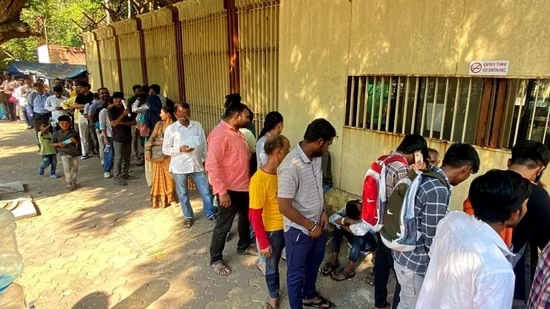
 India2 years ago
India2 years agoThe afternoon briefing revealed that 97.26% of the ₹2000 notes were returned, and the Israeli Prime Minister committed to war goals.
-

 World1 year ago
World1 year agoMichigan splash pad attack: A couple was shot seven times in total while defending their two small daughters.
-
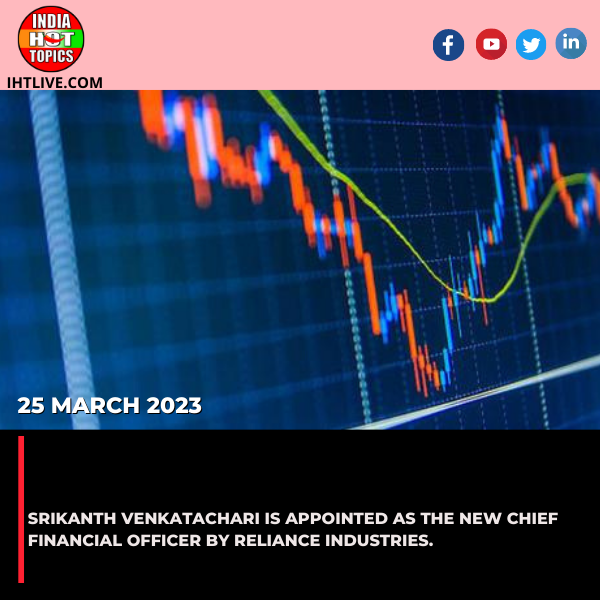
 India2 years ago
India2 years agoSrikanth Venkatachari is appointed as the new chief financial officer by Reliance Industries.
-
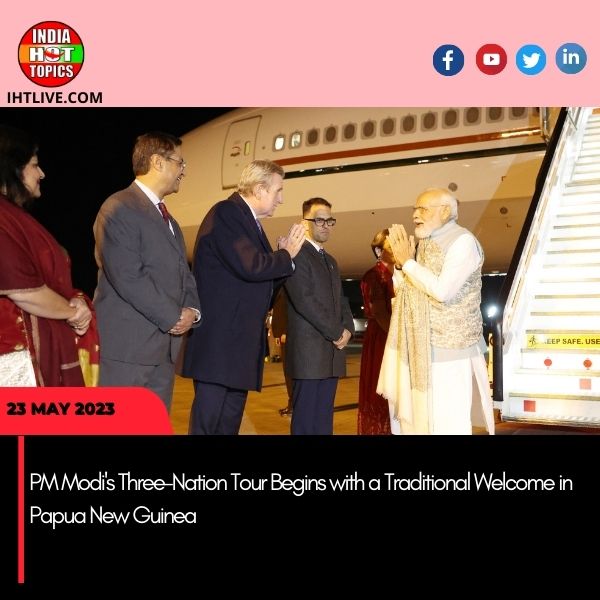
 India2 years ago
India2 years agoPM Modi’s Three-Nation Tour Begins with a Traditional Welcome in Papua New Guinea
-
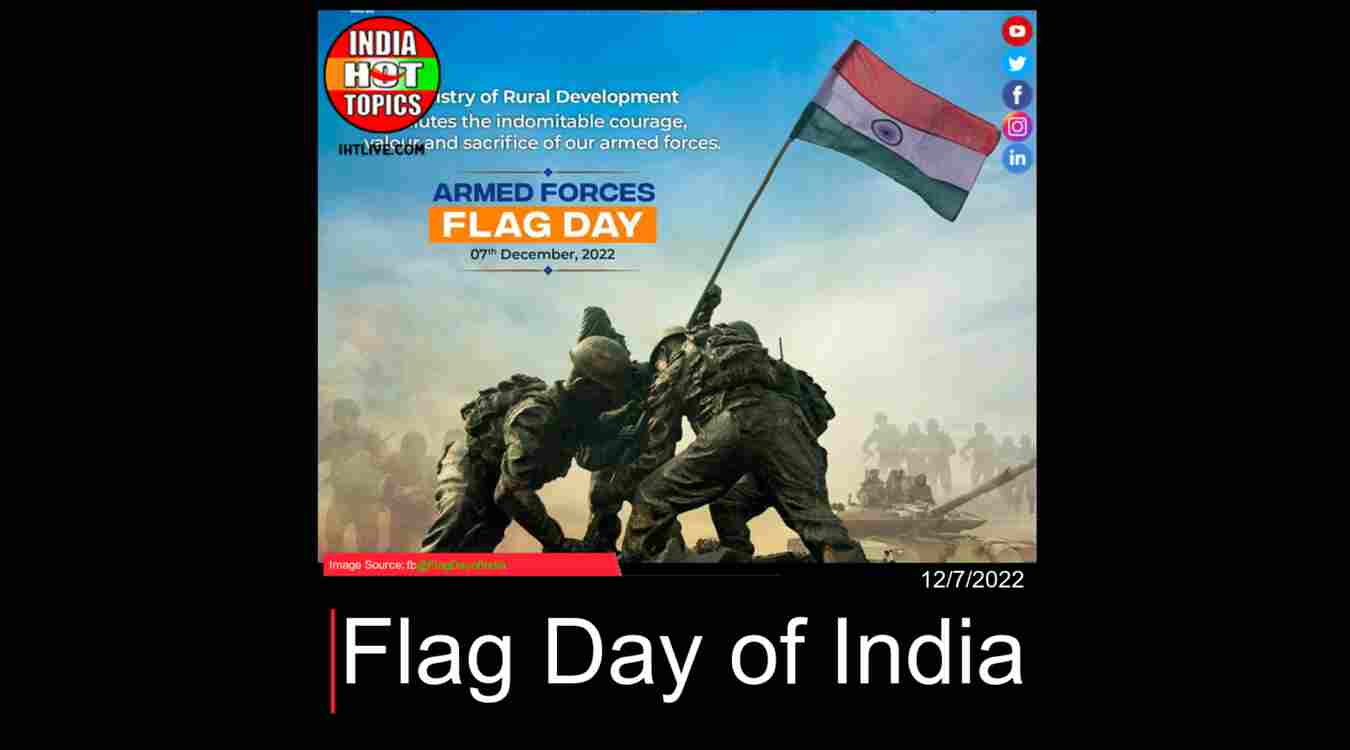
 Special 365 days3 years ago
Special 365 days3 years agoFlag Day of India
-

 India8 years ago
India8 years agoThe 9 worst mistakes you can ever make at work









.jpg)
.jpg)
%20(1).jpg)